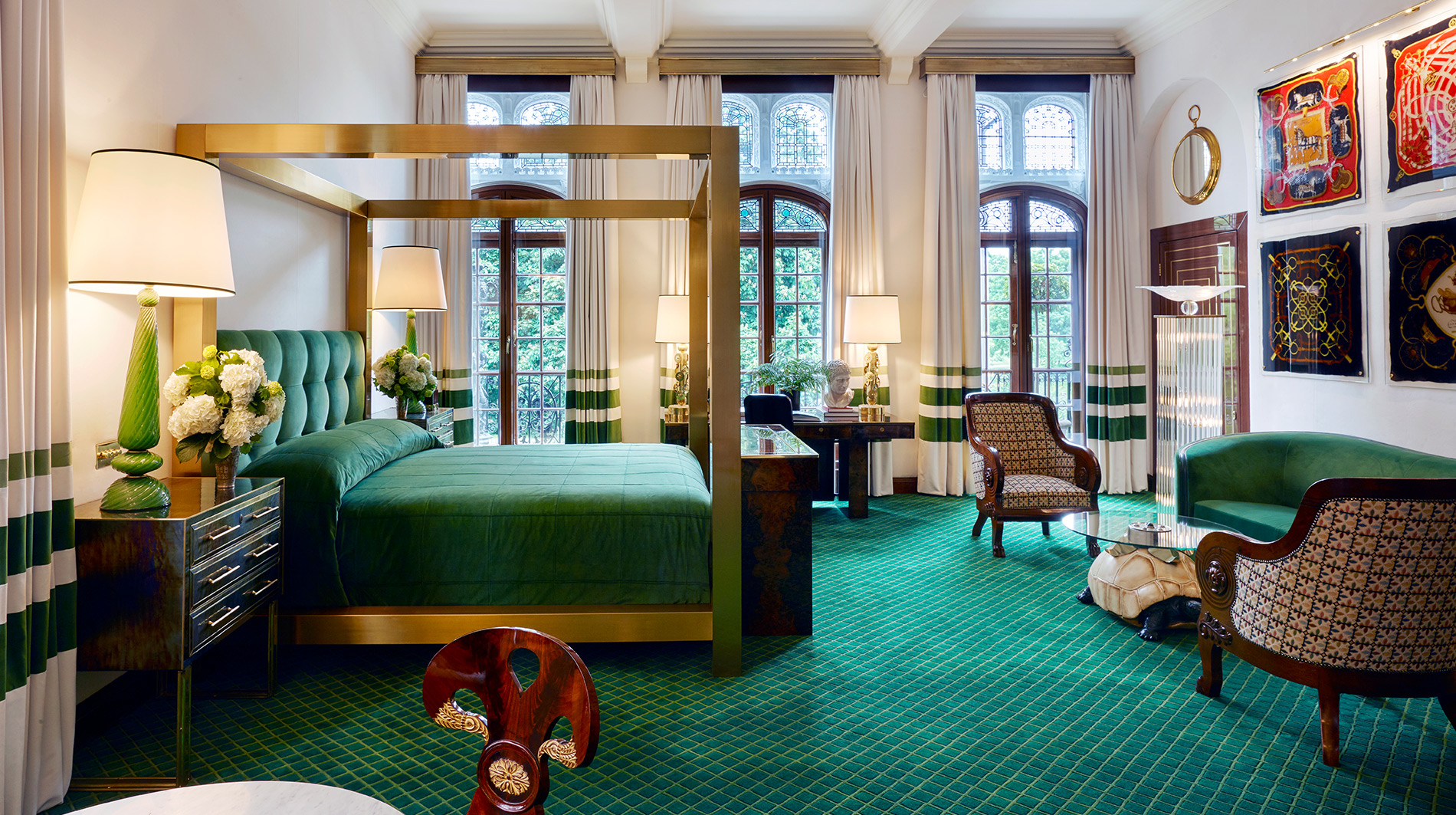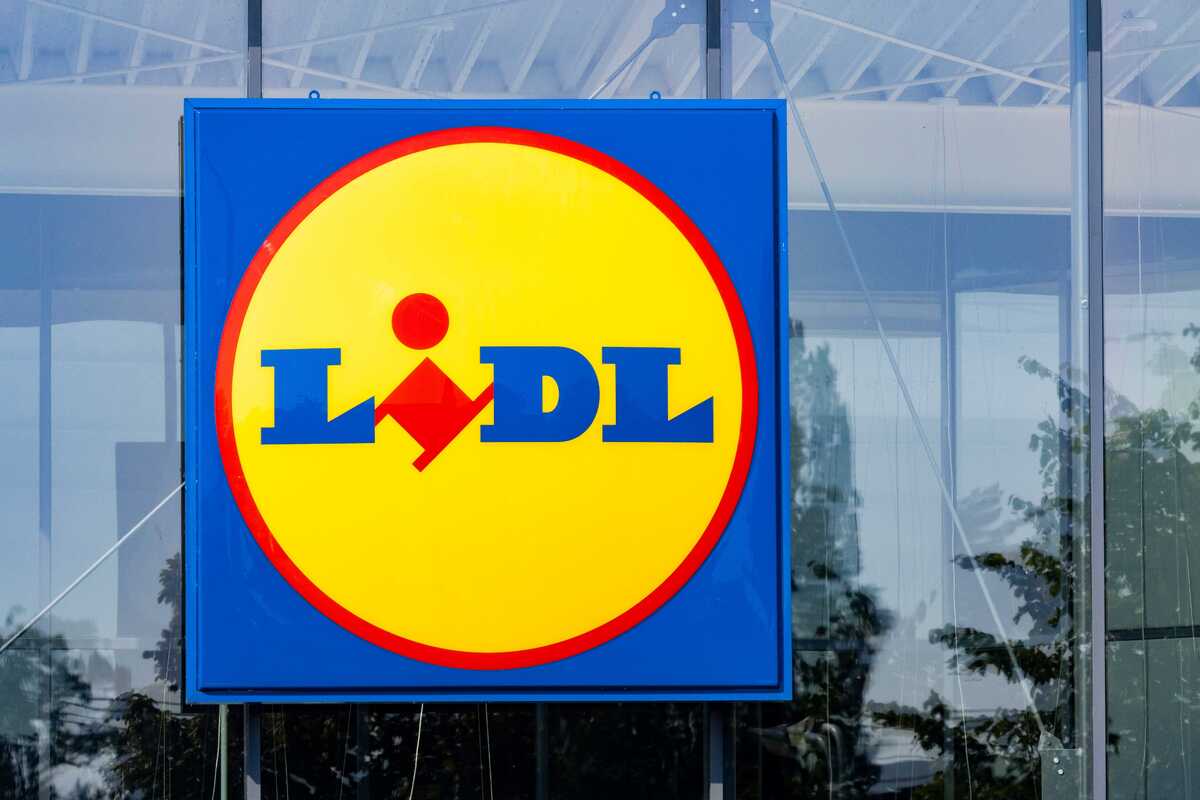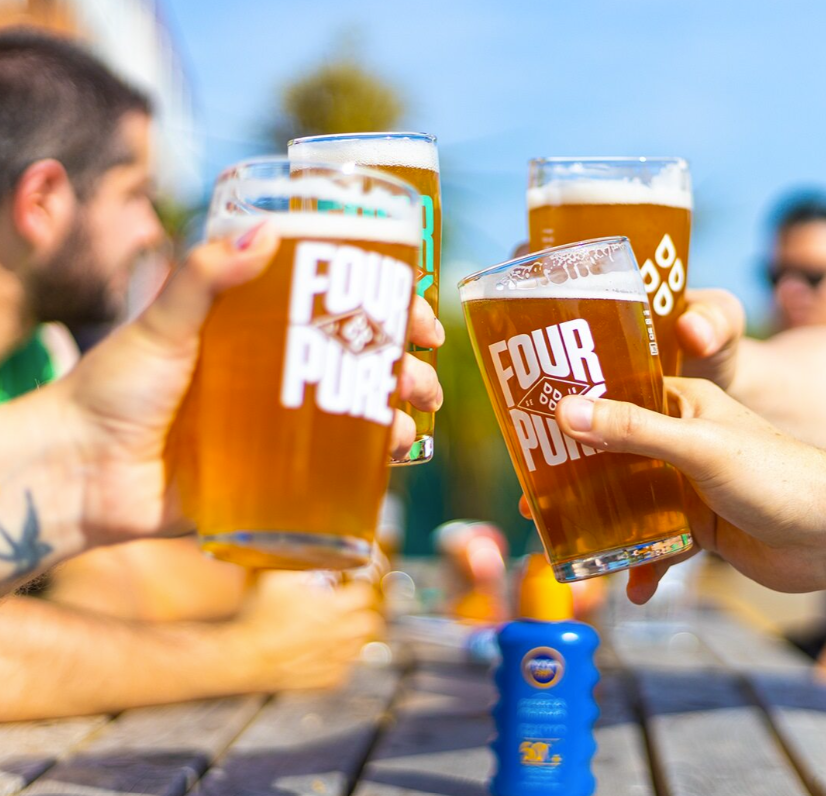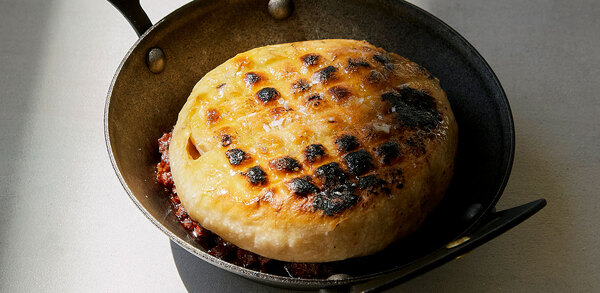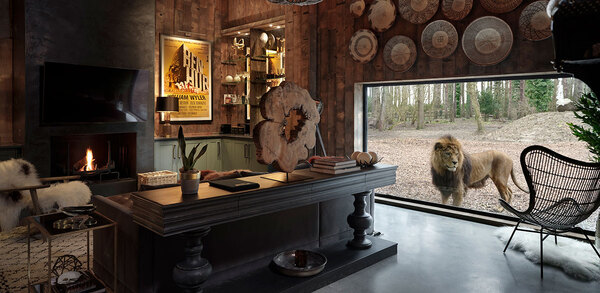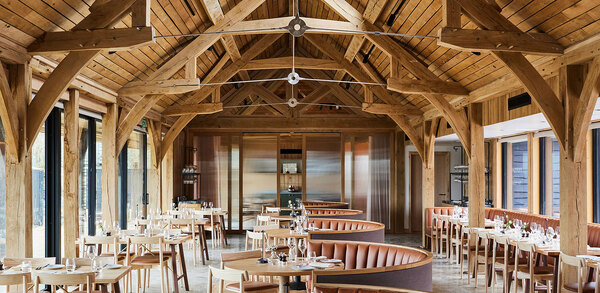Aim for the stars: How the hotel ratings systems are staying relevant for today’s guest
Standards in hotels have seen a seismic shift over the past few decades, embracing better facilities and more intuitive service standards in response to demand from travel-savvy guests. So how are hotel star accreditation standards keeping themselves relevant – and what else is out there to help you stay competitive? Rosalind Mullen reports
Technology, intuitive service, spas… as hoteliers you don’t need to be told how far the industry has come in the past few decades, because you’re the ones who have been pushing the boundaries to meet your market’s needs. And more than ever, you recognise the need to benchmark yourself to stay competitive. Let’s face it, if you don’t, you’ll certainly be getting the message from guests via TripAdvisor and social media.
In turn, accreditation and quality assurance services have been evolving. For more than 100 years, standards have been upheld in the UK by star accreditation guides, such as those run by the AA – and the RAC, until it shut its guides in 2005 – but falling book sales, demand for up-to-date online information and changes in the marketplace have seen it broaden its criteria and services.
Meanwhile, US newcomer Forbes Travel Guide has entered the UK luxury market with its online global star ratings, and alternative schemes, such as mystery guest and quality assurance programmes, have been gaining traction.
AA stars
The only bodies that can award star ratings in the UK are the AA, VisitEngland, VisitScotland, Visit Wales and Tourism Northern Ireland, which have all worked to a common set of quality standards since 2006.
While the AA and VisitEngland have different teams of inspectors, they are both operated by the AA. The AA works with 2,300 hotels and VisitEngland accredits around 300 hotels, of which around half are two- or three-star properties.
Over the years, some hoteliers have dropped out of the voluntary scheme, believing the customer is more likely to look at review sites such as TripAdvisor, or that the criteria are too restrictive for their offer. There have also been mutterings in the past around the strength of the AA website and being able to see a clear return on investment. But that is being addressed.
Simon Numphud, managing director at AA Media (pictured), says he can now accelerate his digital ambitions, thanks to a “significant investment” from new shareholder Enthuse publishing group, which bought 51% of AA Media last April. This month, the AA is replacing its website with a new consumer travel website digital platform called RatedTrips.com.
“It will be a new platform for all inspected properties and will include content about exploring the UK. For instance, we have a catalogue of walks, pubs, campsites B&Bs and visitor attractions, and content on towns and cities. So, it will be a one-stop-shop for exploring the UK that will appeal to domestic or international visitors,” says Numphud, who has been at the AA for more than 20 years, with a two-year break in 2016.
“I wanted to invest more in the website, but that was [historically] challenging. We were part of the AA.com website, which has a number of other priorities [such as breakdown services], so it was difficult for us to get bandwidth. Now, we are able to create a new site that is dedicated to [accommodation].”
The AA will also introduce an online portal, so establishments can update their information. This will be followed later in the year with integration of a booking platform.
“It is our intent to ensure we have as many of our establishments bookable online and that we are a relatively low-cost distribution channel. Ultimately, we want to connect consumers with all our professionally rated establishments,” says Numphud.
“Part of the strategy is to deliver a tangible return on investment through bookings. While some operators are able to see that in terms of webstats, I agree that it has been difficult to assess the full value of being with us – bearing in mind they understand where they got the business.”
The inspections
Membership is presumably important to hoteliers as they pay for AA inspections, with the fee rising from £551.50 for one-star properties up to £1,874.70 excluding VAT for five. Having applied, the hotel receives the quality standards and, within eight weeks, an inspector arrives incognito for an overnight stay. The inspection covers everything, from booking to check-out.
Once they’ve paid their bill, they ask to see the general manager and they take a look around the hotel together before giving feedback.
The inspector sends a report within 24 hours and awards the star rating based on their objective assessment of the business against the criteria. “We assess against objective criteria – quality standards that are reviewed every few years,” says Numphud. “The inspector looks at nine key areas – the physical aspects, such as public areas and bedrooms, and also the operational aspects, including hospitality, service, cleanliness and food.”
Facilities are not centre-stage and, in fact, the criteria were refreshed in 2018 to further reflect guest expectations. “We’ve seen immense changes,” says Numphud.
“For instance, the evolution of relaxed luxury shows the diversification in products, but [the AA] is quality standards-based and not facility-driven. It doesn’t matter if you don’t have a spa or a trouser press – in fact, a trouser press has never ever, ever been in the standards, but some people still think it is.”
Singling out five-red-AA-starred Foxhill Manor on the three-hotel Farncombe Estate in the heart of the Cotswolds, he says: “It is a good example of relaxed luxury and – to some extent – throwing out the rule book. There is an engaged team there, but no formal restaurant, so you can eat where you like. Guests chat with chefs and shape their own menu.
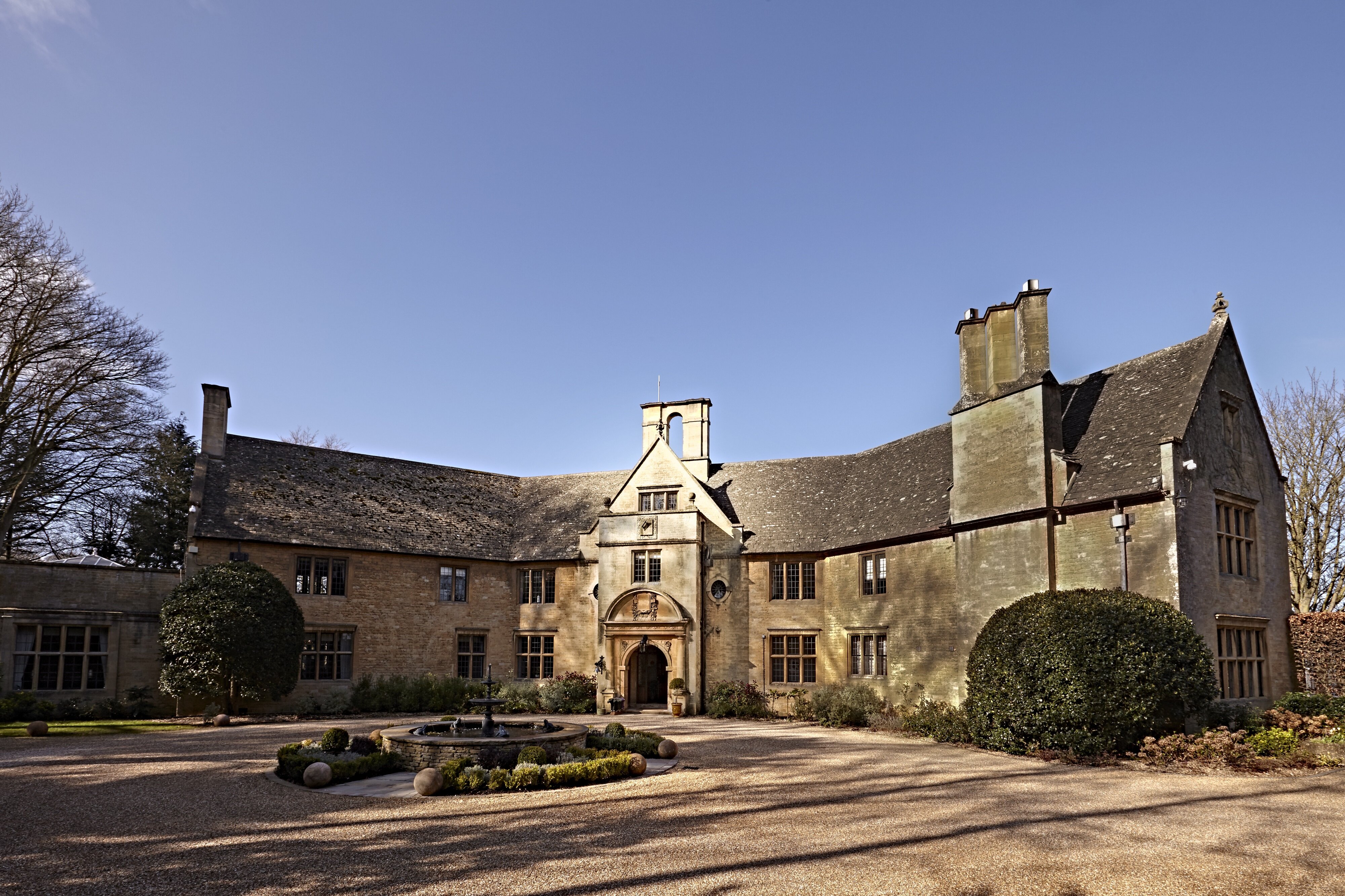
“If our standards were so rigid, we would say ‘no’ to them, but it is a wonderful five-star hotel and what we assess is the quality it offers, because there is no spa and none of the big things that are commonplace in five-stars, but it is an exceptional hotel.”
He adds: “Each property is assessed on what it offers; not what it doesn’t offer, because your business might not need a swimming pool. It’s about what fits with your market positioning. Trends come in and out; it is the quality of hospitality that counts. Food and cleanliness and service don’t change regardless of whether there is a relaxed style or a traditional one.”
So what sort of experience does Numphud think today’s traveller wants? “Experience that is personal, through intuitive hospitality and service. Think of a guest arriving late in the evening after a long journey. They get to their room and the heating is on and the curtains drawn. Instead of ‘give us your credit card’ there’s the offer of a drink – and they are de-stressed straight away. The true art of hospitality is about engaging with guests to connect on a human level – listening and recognising what they need.”
Each property is assessed on what it offers; not what it doesn’t offer, because your business might not need a swimming pool, Simon Numphud, the AA
The AA has diversified, too. Some 14 years ago, customers voiced demand for training and mystery guest services, which in turn created a new revenue stream. “We do a bespoke service. For instance, they may have their own standards that they want us to assess them against,” says Numphud. “By setting targets it creates an environment set on improvement. And, yes, there are fees for all that.”
Going global
As the world gets smaller, the different types of accreditation in each country can confuse consumers. Making inroads into the UK’s luxury market is US-based Forbes Travel Guide, which dubs itself as the only global star rating accreditation scheme. The latest guide, published this week, has added 16 hotels to take the UK tally of properties up to 59, made up of 20 five-star, 25 four-star and 14 recommended hotels. The Berkeley, Rosewood and Brown’s, all in London, are among the newly rated five-star hotels, alongside the Ned, London, and Heckfield Place, Hampshire, which have entered the guide with four stars.
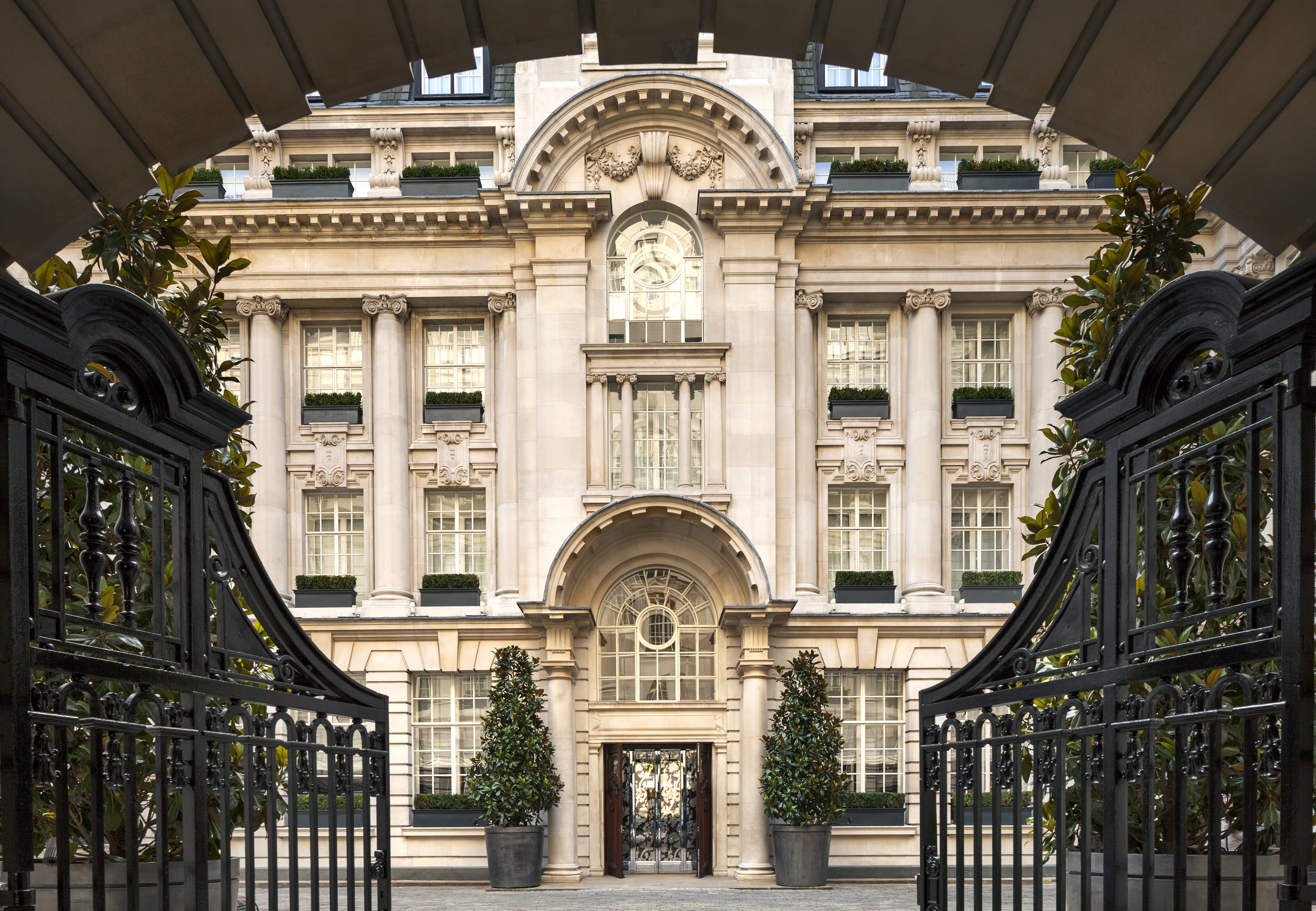
“No one does what we do globally,” says Amanda Frasier, executive vice-president standards and rating for Forbes (pictured).
“Our competitors are regional. As we go into each new country we are aware of the local rating systems. In the UK, the star system resonates, but there are other countries where they are not understood.”
Forbes, which started in 1958 as the Mobil Travel Guide, went global in 2005. In the early 2000s it migrated away from one- to three-star-ratings, now using an entry level award of “recommended/commended”, and by 2011 it had ditched the guides and uploaded online.
Like Numphud, Frasier values hotels that deliver the guest experience. “Even if a hotel is nice, if the staff and service aren’t genuine, it won’t work. Anyone can say ‘how was your trip here?’, but if it comes across as robotic it’s not genuine.
For us, it has to be unscripted and show the staff have a natural interest in the guest,” says Frasier.
“We focus on service. We select our hotels based on facilities, but our standards and the way we evaluate what comprises our list each year is essentially how well a property performs against service,” she adds. “We designed our standards around what guests want. They are written from a global perspective, not heavily Americanised or European. That really sets us apart.”
This year, some 1,700 properties in 74 countries will have a Forbes star rating, with London having more five-star hotels (19) than any other city in the world. “Whether the guest is checking into a hotel in Spain, New York or London at the same level, they will find consistency, even if the style or surroundings is different. “We don’t homogenise hotels; we say ‘this is the standard and how you meet it is up to your brand’,” says Frasier.
Forbes differs from other star accreditation schemes in several ways: “We don’t allow the evaluator to decide. They submit a report and the computer crunches out an algorithm to provide a composite score that will earn the property a recommended rating. It’s really about impartiality.”
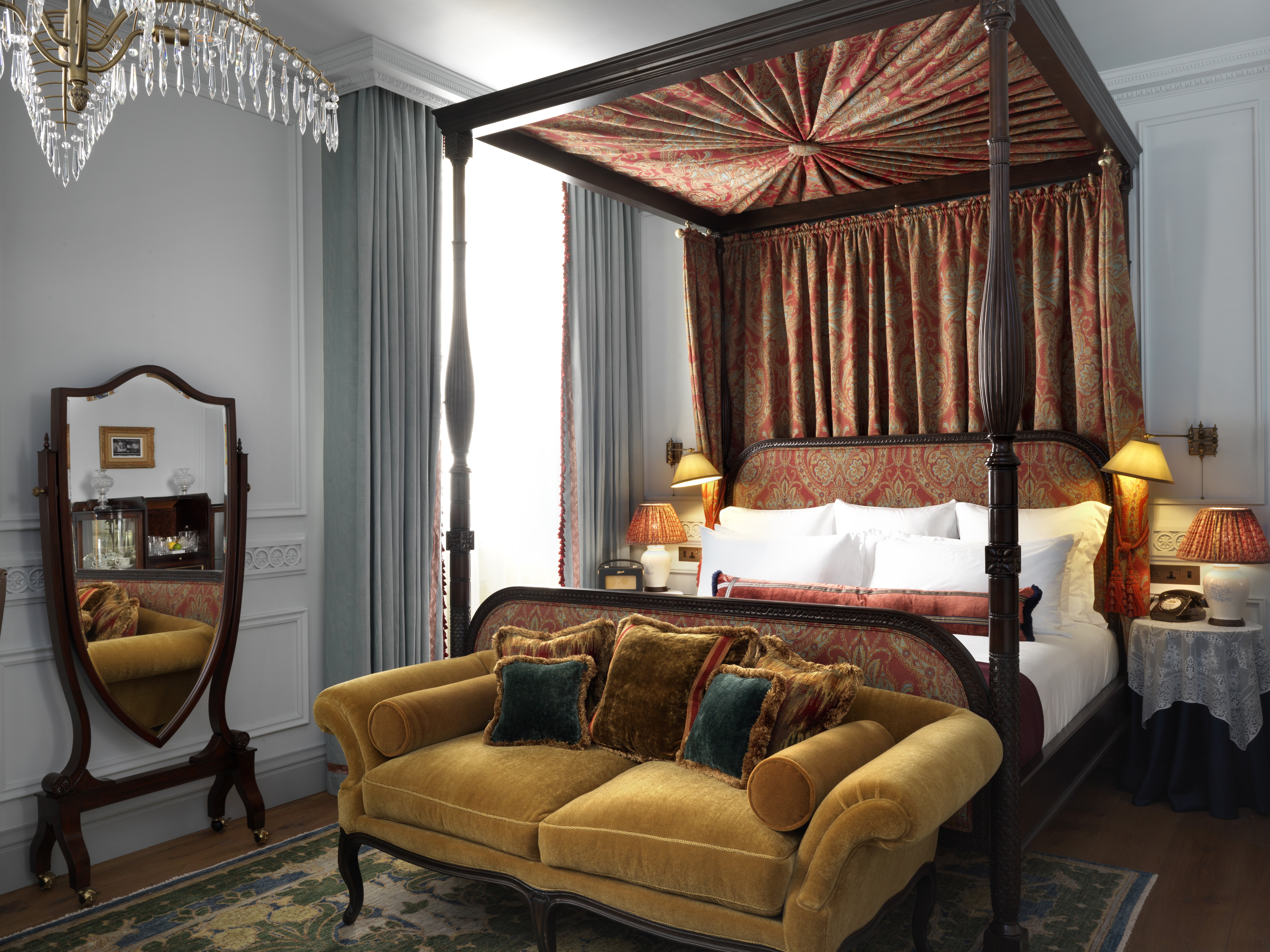
Neither is there a fee. Forbes simply looks at which hotels could achieve one of its ratings and sends an inspector incognito.
“We decide who we want to evaluate and pay for our own costs. Our inspectors pay for their stay and collate their reports. Once the rating is earned, we send a letter to the hotel and then publish online,” says Frasier.
Revenue is generated through a range of optional support services, including in-person training, quality assessments, custom standards development and online training.
So how do hotels measure the success of being rated by Forbes? “Guests can click through and book directly, but hotels can do their own analytics,” says Frasier. “The power of association with our brand is strong, so there are plaques they can use in their properties and other promotion through social media – our Instagram will have one million followers this year. Our awards are being posted on their own Instagram accounts.”
What else is out there?
As hoteliers seek professional feedback, a number of alternative schemes have gained traction. Here’s a flavour of what’s out there
Leading Quality Assurance
What A quality assurance scheme
Launched 2000 Market Primarily the luxury sector, working with most luxury brands on a global basis Number of hotels assessed a year some 2,800 across 130 countries, and more than 600 destinations globally. About 135 assessments are conducted annually in the UK.
How does the scheme differ from star accreditation schemes “We are a business-to-business service and therefore the assessment results are for our clients’ use only and are not accessible to the general public. The hotels are contracting Leading Quality Assurance to carry out a comprehensive service assessment, generally over two nights/three days, measuring each of the key guest touchpoints against 800-plus service/product/emotional intelligence standards.
The hotels can then use this data to identify areas of opportunities for improvement, but they also are able to benchmark themselves on a like-for-like basis against their direct competition,” says managing director Trent Walsh.
Sauce Intelligence
What A bespoke mystery guest programme that provides reports for an operation’s internal use
Who Set up by former AA inspector Giovanna Grossi, Sauce Communications co-directors Jo Barnes and Nicky Hancock, and former The Caterer editor Amanda Afiya
Launched The brand launched at the end of 2018 with an investment of £40,000. The platform was built and tested over eight months last year, and mystery visits started last autumn
Number of hotels assessed a year Early days, but started with independent hotels and is now working with hotel groups
Tell us more “We saw a gap in the market for a mystery guest product that is polished, measures emotional intelligence, and doesn’t tell a hotelier they have to tick a box that isn’t relevant to their operation. Successful hotels these days deliver what their market demands and not what the rule book dictates,” says Grossi.
“Our product is tailored to a hotel or group’s brand standards. We use trained inspectors to assess whatever the client asks us to look at. This will invariably include hospitality and service across the operation, housekeeping, physical quality, assessment of the food and any other facilities the property provides.”
Star attraction
Whereas 20 years ago it was arguably unthinkable not to be part of guides such as the AA, some hotels have started to opt out of joining the voluntary star rating schemes. Some successful luxury and lifestyle brands such as Firmdale Hotels and Soho House Group avoid formal accreditation.
“Some hotels feel like a square peg in a round hole when it comes to accreditation schemes – although they are certainly more flexible than they were,” explains Giovanna Grossi, co-founder of new hotel and restaurant consultancy business Sauce Intelligence.
“Displaying your AA or Tourist Board plaque outside and having an entry in a guide book was once standard, but with the arrival of flash websites and online bookings, that began to change. Back then hotels relied more heavily on the feedback of inspectors; nowadays feedback comes instantly from user-generated reviews and social media. Many hoteliers are grateful for more specific feedback that perhaps relates to their own brand standards.”
“The most successful operators are the ones that deliver what their guests want – if you do that, the likelihood is that they will return,” she explains. “It is important to review the criteria regularly to reflect changing guest demands.”
AA Media’s managing director Simon Numphud says: “We recognise that accreditation is not for everyone. Some of the lifestyle hotels choose not to be in the scheme and some do. We work with big global brands, such as Four Seasons, Rosewood and Marriott, and we also work with lifestyle hotels such as the Pig group. It is a mixture.”
Danny Pecorelli, managing director at Exclusive Collection, sees value in the AA, but pays a fee for a service called AA Advertised with Visit, which awards AA rosettes for food but no star rating for accommodation. Exclusive Collection owns and operates six properties including Pennyhill Park in Bagshot, Surrey, and South Lodge, near Horsham, West Sussex.
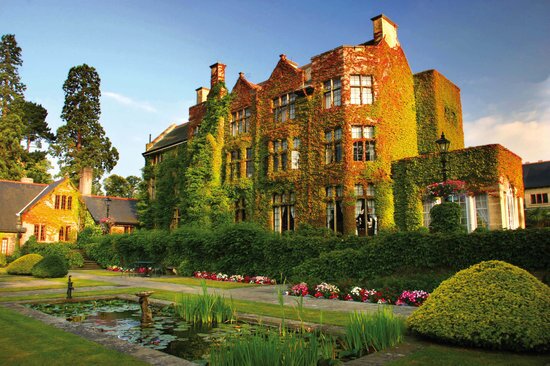
“We stay with the rosettes because the team members are motivated by accolades and a three-, four- or five-AA-rosette restaurant helps attract staff,” says Pecorelli. “The hotel rating scheme is different. I believe that the AA has a positive place in helping hotels focus on standards, but the consumer makes up their own mind on what your hotels are. We haven’t been in the scheme for three years, but the customers still [see] us as five-star hotels.”
Even if they opt out of an accreditation scheme, most hotels have some form of performance monitoring in place.
“Everybody welcomes feedback as it is a sure way to monitor your performance, improve and move forward,” says Grossi. “You will certainly get feedback from user-generated reviews, even if you don’t ask for it, and then there are those posting on social media before they’ve even left the hotel. All of this has impacted industry progression.”
The four-red-AA-star Calcot hotel in Tetbury, Gloucestershire, has been involved with the AA accreditation scheme for 35 years. “The value to us is mainly benchmarking,” says Calcot Collection executive chairman Richard Ball. “The hotel inspection criteria is well designed and generally applied fairly and with consistency. The inspectors are professional and knowledgeable.
The criteria advises our SOPs (standard operating procedures) and quality targets, and our teams find the feedback useful. This applies equally at all levels.”
It also helps maintain standards internally: “The red-star award is an important internal quality target and we see it as a priority to achieve and retain this benchmark, but it is not well understood by the consumer, or the travel trade, so it is of limited value to us in marketing terms.”
He adds: “We also use the restaurant accreditation scheme from the AA but this, in my view, needs to adapt. It has struggled to embrace the de-formalisation of the dining experience, and still seeks to reward culinary complexity over simply delivered quality. This is not in-line with consumer trends.
“The bands for each rosette are wide, and there is huge differential of quality and styles within each band. Consumers prefer to reach for the online review sites or media reports to get a better feel for a restaurant before booking.”
The other quality assurance scheme Calcot uses is Quality in Tourism. “The mystery guest report is useful to us. We now supplement this with our own mystery guest programme, which is supported by a dashboard analysis and is useful to the teams,” says Ball.



